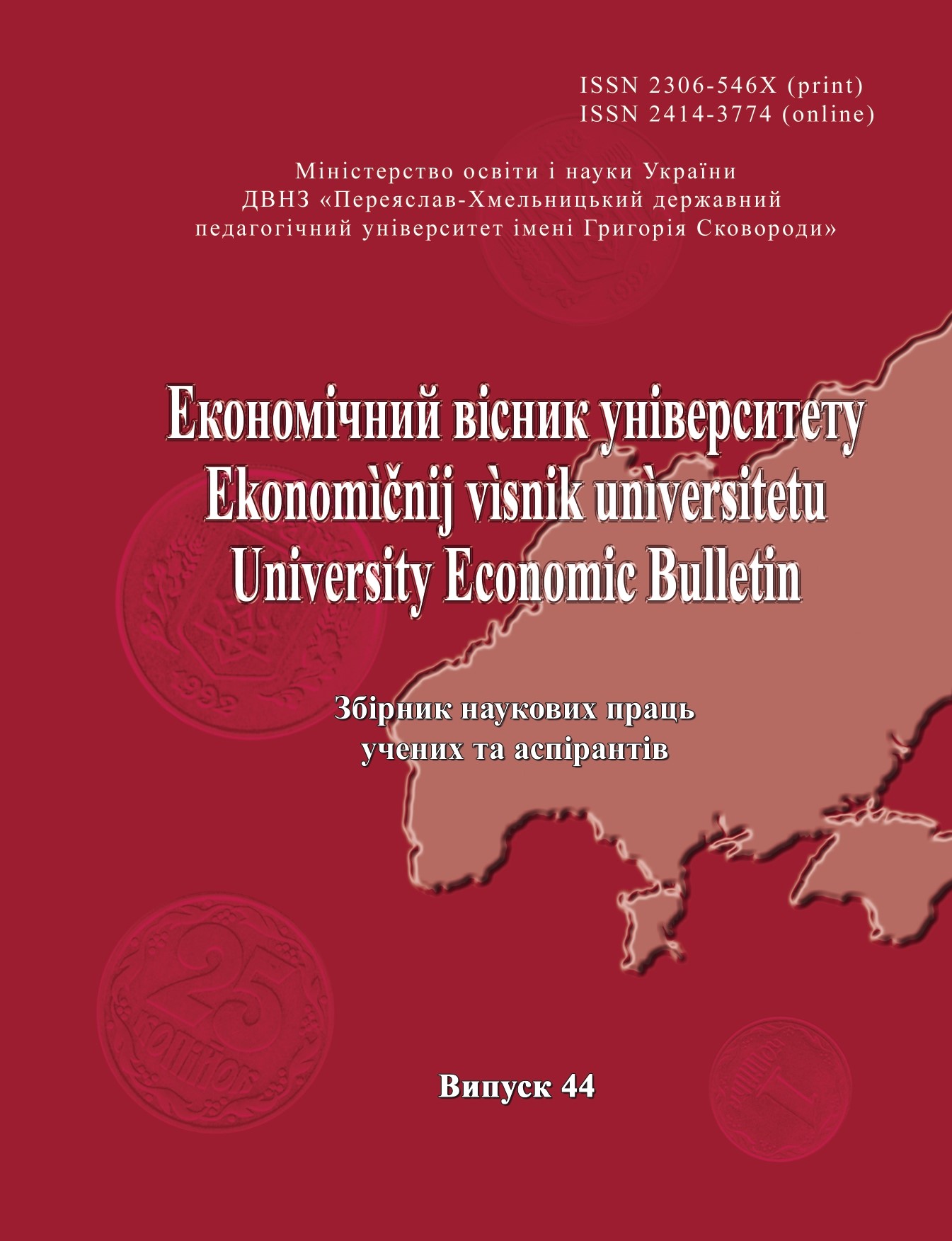Модель підготовки майбутніх фахівців сфери обслуговування
The model of training future specialists in the sphere of service
Author(s): Alona HarahaSubject(s): Business Economy / Management, Vocational Education, Higher Education , Human Resources in Economy
Published by: Університет Григорія Сковороди в Переяславі
Keywords: technology; scientific and methodical complex; training; educational process; educational practice;
Summary/Abstract: The subject of the study is professional training of future specialists in the sphere of service. The purpose of this article is to analysis training and methodological support of the tourism industry and development of recommendations on formation of the variable part in the context of preparation of future specialists in the sphere of services in the investment activities. Objectives of the study – to analyze the professional training of specialists of the services sector to expand training and methodological support the training of specialist tourism, to highlight the essence and the main differences between the training of tourism professionals in various Ukrainian institution of higher education determine the main directions of investment activity, to propose a model of training specialists of the services sector to investment activities. Research methods. In the process of research were used the following General and specific scientific research methods: systematic approach, methods of logical generalization and comparison, scientific abstraction, synthesis techniques, logic synthesis and analogies. Methodological base of the research made the scientific works of domestic and foreign scientists and leading experts, analytical materials on the research problem. The results of the work. The analysis of professional training services, expanded training and methodological support of training of specialists of tourism covers the nature and the main differences between the training of tourism professionals in various institution of higher education of Ukraine, determined main directions of investment activities, the model of training of specialists of the service sector to investment activities. The scope of the results. The obtained results can be used by educational departments of institution of higher education of Ukraine to expand educational and professional programs, training systems, curricula and working programs. Conclusions. based on the analysis of the process of professional training of future specialists in the sphere of tourism investment activities and approaches of researchers to definition of preparation in General, the nature of the concept of readiness and its structure has been established: – the training of the future bachelor of tourism investment activities are an integral part of the General system of training of future specialists in the sphere of tourism and is regarded as the process of formation of readiness to implement the specified activities; – the readiness of the future specialist in the field of tourism investment should be considered as the result of special training that is an integral formation of positive motivation generated at the required level of professional knowledge, skills and experience of their use in practice, which meet the requirements of professional tourist activity. In the structure of readiness was allocated to the following components: motivational and personal, cognitive and activity and practice; – methodological analysis of the solution of the problem of professional training of tourism professionals in investing activities was carried out in a philosophical, General scientific (the use of basic principles of activity-based, practice-oriented, technological, systemic, and integrative approaches) and concrete scientific levels; – developed a theoretical model of preparation of future specialists of tourism investment should be considered as the integrity of the interacting structural components (target, motivation, theoretical and practical training, productive). The model becomes a reference point the build process, appropriate training in practice.
Journal: Економічний вісник університету
- Issue Year: 2020
- Issue No: 44
- Page Range: 50-56
- Page Count: 7
- Language: Ukrainian

